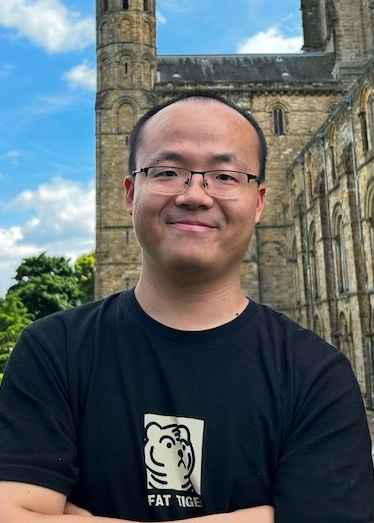USTC Astronomy Seminar Series: 2025 Spring
Towards the next-generation semi-analytical galaxy formation model
王凯 博士后
Durham University
2025/06/05, 4:00pm , the 19th-floor Observatory Hall

报告人:
Dr. Kai Wang is a Postdoctoral Research Associate at the Institute for Computational Cosmology and Centre for Extragalactic Astrophysics of Durham University. He received his BS (2017) from the University of Science and Technology of China and PhD (2022) from Tsinghua University. Prior to joining Durham, he was a KIAA Postdoctoral Fellow at the Kavli Institute for Astronomy and Astrophysics of Peking University (2022-2024). Dr. Wang's research focuses on galaxy formation and evolution within dark matter halos in a cosmological context, combining theoretical modeling with multi-wavelength observations. His work bridges semi-analytic approaches, hydrodynamic simulations, and observational datasets to understand how galaxies form and evolve within the cosmic web.摘要:
Semi-analytical models (SAMs) have served as a cornerstone in galaxy formation and evolution studies, providing computationally efficient and physics-motivated prescriptions to evolve galaxies within the hierarchical framework of dark matter halos. These models have been particularly valuable for interpreting multi-wavelength observations and testing theoretical scenarios across cosmic time. While historically invaluable, SAMs now face new challenges: they currently lack the ab initio physical treatment of modern hydrodynamical simulations, while simultaneously falling short of the statistical accuracy achieved by data-driven empirical approaches. In this talk, I will first review the development of semi-analytical galaxy formation models from White & Rees (1978) to the present day. Then, I will highlight the unique advantages of SAMs compared to other methods. Finally, I will introduce GALFORM++, our next-generation semi-analytical model currently in development, designed with enhanced flexibility and extensibility. 邮编:230026 ,
邮编:230026 ,  联系电话: 0551-63601861
联系电话: 0551-63601861 Email:
Email: